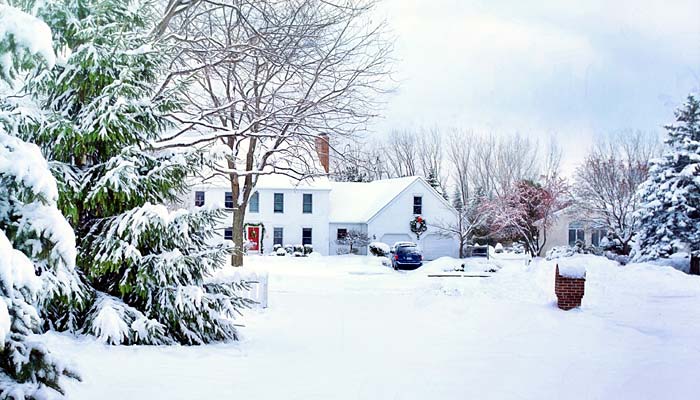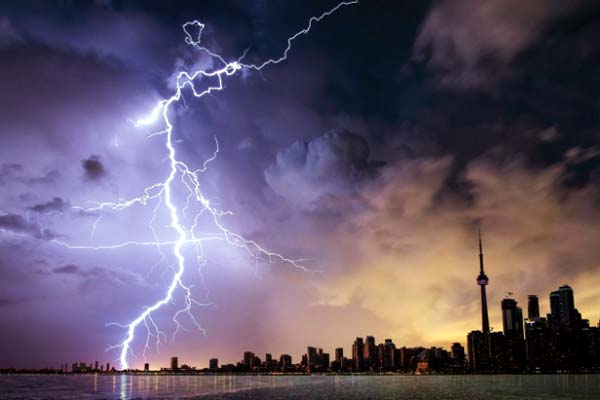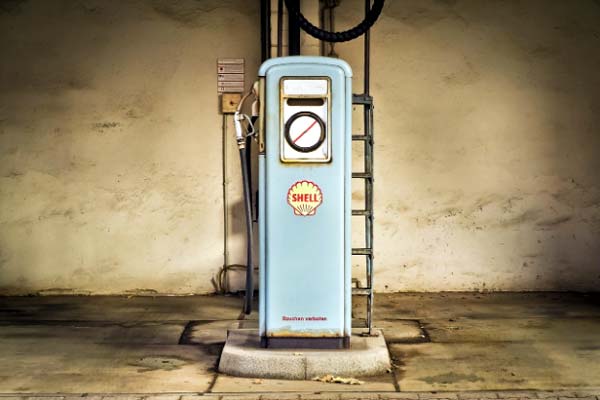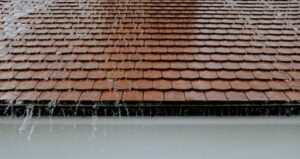Despite rapidly advancing technologies, it’s impossible to predict every potential catastrophe. From downed power lines to rogue snow storms – there’s no telling what will rob you of electricity. According to Las Vegas Electrician Brandon McCoy from Callidus Electric, “Having an emergency electric generator is a huge advantage for every homeowner, but for some, it’s a necessity.”

Before buying one, it’s good to go over whether or not you’ll actually end up using one.
Emergency Generator – A Lifeline, Not a Convenience
If you’re someone who lives in an isolated area or an area that’s at risk for snow storms, then a generator is more of a lifeline than a convenience. For example, you might have a grandparent that needs electricity for medical equipment. If this is the case, consult with an electrician to install a standby generator that automatically turns on in case of a power outage. Electricians recommend many ways to save money on electricity – risking lives is not one of them.
How Does Your House Use Electricity?

If your heating equipment, water heater, stove, and oven all use natural gas, you might be able to keep all those conveniences once the power crashes. But if they’re not gas operated, then having a generator might literally be a lifesaver.
Some mobile generators are as small as a water cooler, while others are as large as a truck engine. You’re going to want a protected, secure place to store your generator when not in use, and a suitable location to operate it. Keep in mind that they do need to be covered in case of rain, so it is ideal to have some type of roofing over them. The one big issue you might run into is if you live in a single-family vs multi-family house.
With the single-family home, you’ll probably have space to what you want. But in a multi-family, your neighbors probably won’t let you set up a generator unless they’re all on board with the idea.
How to Safely Store Highly Flammable Liquid (Gasoline)

Along with generator space, you’ll also require a covered, secure place that’s not in your main residence to store gasoline. Fuel should be stored in plastic gas cans. And if you are storing it for at least a couple of days, you should use a fuel stabilizing additive.
Transfer Switches
A lower-end generator will be able to keep your refrigerator running and will also let you charge up a few devices. But, you probably want more than just that in case of an emergency. The safe way to use a larger generator is by having a transfer switch.
This unit is directly connected to your circuit board and gives your entire house access to electricity. This means no extension cords and full power for your home. Getting a transfer switch isn’t cheap, but it’s completely worthwhile in case of an emergency.
Other Options
The alternative to getting a generator is to just bear out the storms or to check into a hotel. Both options are risky as hotels get booked quickly when there’s the threat of an emergency. There are just so many risks with “enduring a storm” that it’s not worth risking it. Who knows how long the outage will last? How long will your supplies last? How much money will you lose in spoiled foods?
When it comes to electrical emergencies, the worst thing you can do is to be penny-wise but dollar foolish. Not to mention, adding an electric generator to your home is often on the list of best home improvements for its return on investment.



